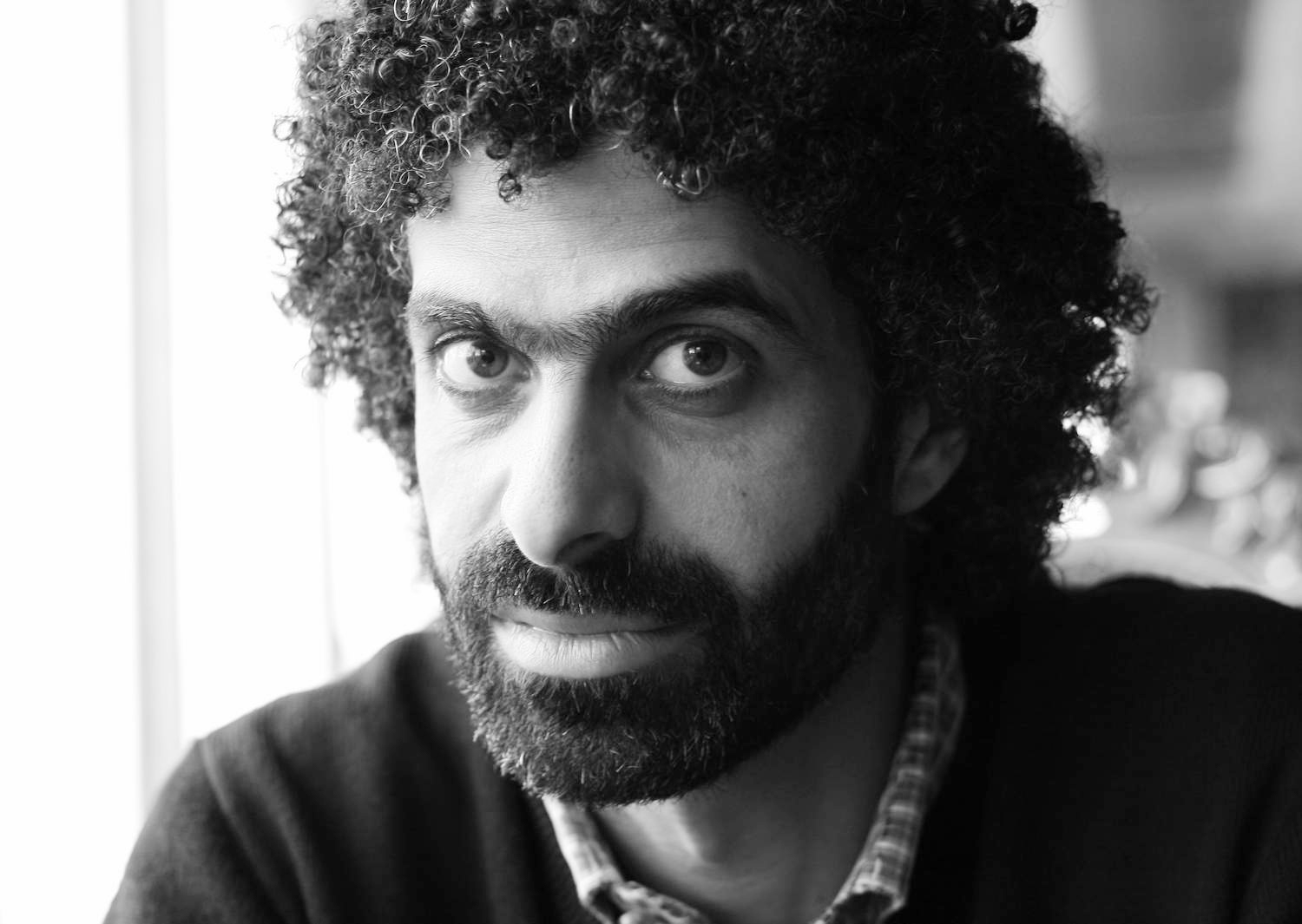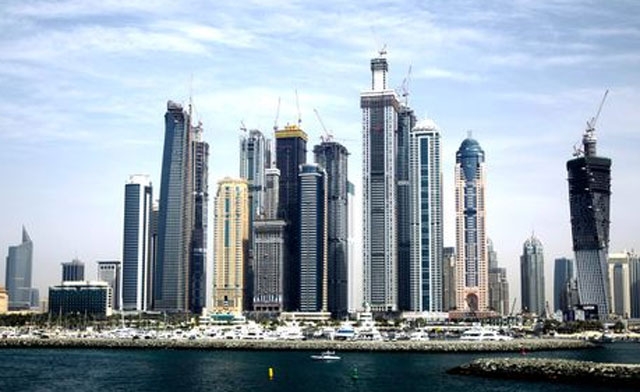
The current hot economic topics of the IMF loan, floating the Egyptian Pound, increasing taxes and inflation are all symptoms of a crisis of denial that the Muslim Brotherhood government is schizophrenically going through. They tend to pretend to forget that the Egyptian economy is nothing but a poorly constructed mud house, incapable of surviving serious downpours and in need of complete reconstruction.
For some reason, the Brotherhood government tends to ignore that there was a revolution with strong economic motives and demands. Bread, freedom and social justice. Would the recent economic Brotherhood moves have these very basic demands met? Obviously, it is not the intention. And ironically Gamal Mubarak’s economic legitimacy is still there and prevailing.
Let us go back a few years and remember 2004, which represents a dramatic transformation that worsened the situation for the poor in comparison to Mubarak’s early 1990s economic transformation in coordination with the IMF. Under the president’s older harsher neoliberal transformations in collaboration with prime minister Ahmed Nazif, new regulations were introduced. In this period, the business elite upgraded its position from supporting Mubarak’s regime in exchange for economic benefits to being the regime itself.
The 2004 economic laws simply confirmed the new development of the nature of Mubarak’s regime, which was clearly at the service of the upper crust, both the local and the foreign. Definitely, not in favour of the middle, nor the lower middle income groups. A quick reading into the new taxation and competition protection laws proves the point of where that corrupt regime was going, and actually still is going.
The worst in that taxation law was the generalisation in defining tax-payers’ groups, which was totally against the very basics of social justice. The law unified the tax for all commercial and industrial activities, whose profits top EGP40,000 a year. Such an injustice made the small business owners barely making any profit pay an equal rate as the big corporations – foreign or national – that make annual profits estimated in tens or hundreds of millions. A newly introduced practice that is aggressively unfair and does not even occur in the most capitalist economies in such a blunt manner.
Another law was introduced in 2004 with the goal of “competition protection”. The old monopolies had always fought against its issuance and attempted to protect their own economic privilege and dominance over the market existing since the late 1970s. Such monopolies have actually succeeded with the blessing of Mubarak’s son to introduce that law in a very superficial structure that made no positive change at all within the highly monopolised Egyptian markets.
One of the many monopoly examples is the cement sector, where prices went up from EGP110 per ton in 2002 to 280 in 2004. However, back then the cost of producing one ton were less than EGP100 with 100% locally produced input materials. That was following a massive wave of privatisation of most of the cement sector’s public companies.
Back to the IMF! The mighty global organisation that should be extremely happy providing such a miserable loan to Egypt. First, it cannot afford to lose Egypt as a political partner in the region. Second, whether it was the Supreme Council for Armed Forces (SCAF) or the Brotherhood, they both serve the organisation’s goals, adopt their structural adjustment strategies and the aggressive enforcement of the free market economy.
The IMF is nothing but an agent of the global economic powers representing their interests in the region; read about its foundation with the World Bank following the second world war. It has kept a sharp eye on political developments in post-Mubarak Egypt and insists on offering its “support” in the form of huge loans and by portraying disastrous and pessimistic future to the country, if not taken. But of course only with their pro-rich conditions.
Well, we have to ask ourselves this question over and over again: Did the revolution fail? So far minimum wages are still at an inhumane level while post-Mubarak governments in the past 24 months following his ousting are still imprisoned in the same economic mentality of Mubarakonomics and Gamal’s legitimacy that have the same pro-rich practices. Well, still the answer is confidently no, it did not fail.
Actually, what we should be sure of is that a revolution has just started and it is simply an agreed upon logic for those believing in change. It was just the beginning of a long path to go through grabbing economic rights and the aspired for social justice from those dictating them. The people have drawn their own roadmap and they still do keep the regime toppling manual in their hands.
As for that economic mud house the Brotherhood and the IMF are fixing, sadly we will have to watch it collapse soon and the pay for the cost. We’ll be stuck in the monsoon until the country is cleaned up.




